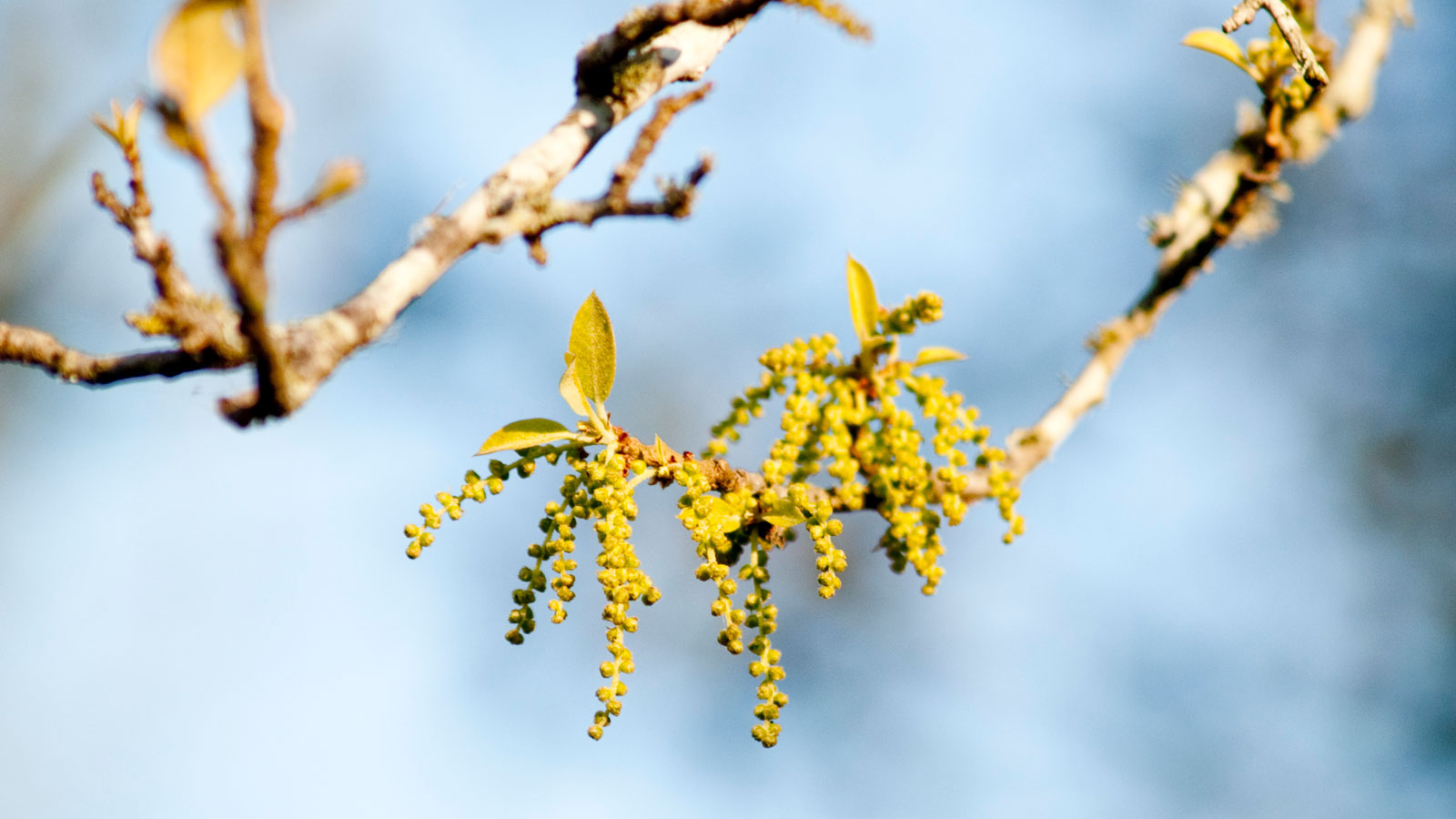Summer is here, and for some people it’s a welcome change, because it means the springtime allergy season is over. Bad allergies can cause far worse than a runny nose.
“Exposure to pollen has been linked to asthma attacks and increases in hospital admissions for respiratory illness,” says Arie Manangan, a health scientist in the CDC’s climate and health program.
He says the dangers are growing as the climate warms.
In a recent study, Manangan and his team analyzed 27 years of pollen data from Atlanta, Georgia. They found that, on average, tree pollen seasons are starting earlier and getting longer. Average daily pollen concentrations also increased over the years.
“So oak pollen, which is considered highly allergenic, increased by 5.2% every year. And the eastern red cedar, which is also a severe allergen, increased by 9.9% every year,” Manangan says.
Warmer temperatures may not be the only factor driving the change. But the results are consistent with a growing body of evidence showing that people’s exposure to pollen is increasing as the climate warms.
So Manangan says people who suffer from allergies should keep an eye on the pollen forecast and take steps to protect themselves.
Reporting credit: Sarah Kennedy/ChavoBart Digital Media


